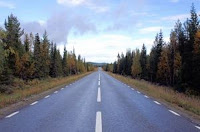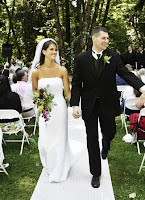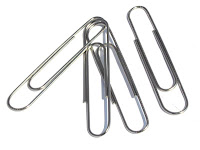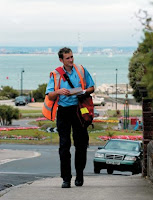En este ejercicio te proponíamos que completaras las oraciones con MUCH y MANY de manera correcta. Si ya lo has hecho, verifica tus respuestas con la solución que te ofrecemos a continuación:
El uso de LITTLE – FEW
Hace algún tiempo te proponíamos aprender sobre el uso correcto de MUCH y MANY. Hoy veremos la manera de emplear LITTLE y FEW, que son otras dos palabras que determinan cantidad y que, aunque ambas significan «poco, poca, pocos pocas», en muchas ocasiones logran confundirnos.
Si nos referimos a un sustantivo singular y por lo general incontable utilizaremos LITTLE, por ejemplo:
| little time | poco tiempo |
| little information | poca información |
| little sugar | poca azúcar |
En cambio si hacemos referencia a un sustantivo en plural y por lo tanto contable, entonces en ese caso utilizaremos FEW, por ejemplo:
| few players | pocos jugadores |
| few coins | pocas monedas |
| few letters | pocas cartas |
There is a little information in the Internet
about the topic.
Hay un poco de información en Internet
acerca del tema.
(Significa que lo «poco» que hay es mejor que nada y puede ser de utilidad)
Unos pocos admiradores asistieron al concierto debajo de la lluvia.
(Significa que los «pocos» que fueron eran más de los esperados)
Sin embargo, si se coloca LITTLE y FEW sin estar precedido por el artículo determinado «A» se obtiene un significado más negativo y contundente, por ejemplo:
The secretary has little will to do her job.
La secretaria tiene poca voluntad para hacer su trabajo.
(En este caso refleja negativamente un aspecto de esa persona)
There are few books at the Public Library.
Hay pocos libros en la Biblioteca Pública.
(Aquí también expresamos una situación negativa)
Solución del ejercicio sobre el uso de Little or Few
Si ya has completado estas oraciones con LITTLE y FEW te proponemos que verifiques tus respuestas con la siguiente solución:
Solución del ejercicio sobre Futuro Perfecto (Future Perfect) (2)
Para que ejercitaras sobre el Futuro Perfecto te proponíamos que colocaras en estas oraciones el verbo que se encuentra entre paréntesis en su forma correcta. Luego debías reescribirlas en interrogativo y negativo. Si ya lo has hecho… aquí tienes la solución:
Solución del ejercicio sobre Futuro Perfecto (Future Perfect Tense)
Luego de haber aprendido el Futuro Perfecto y de haber realizado este ejercicio donde debías colocar la forma correcta del verbo que se encuentra entre paréntesis, puedes verificar si lo has hecho bien con la siguiente solución:
Solución del ejercicio sobre el uso de Much or Many
¿Ya completaste estas frases utilizando MUCH y MANY?… Si ya lo has hecho, verifica si tus respuestas son correctas con la siguiente solución:
Solución del ejercicio sobre el uso de Little or Few (2)
Ejercicios: Little or Few? (2)
Continúa ejercitando sobre el correcto uso de LITTLE y FEW completando las siguientes oraciones con little, few, a little y a few:
Solución del ejercicio sobre Some or Any (2)
¿Ya has completado estas oraciones utilizando correctamente SOME y ANY?… Verifica tus respuestas con la siguiente solución:















